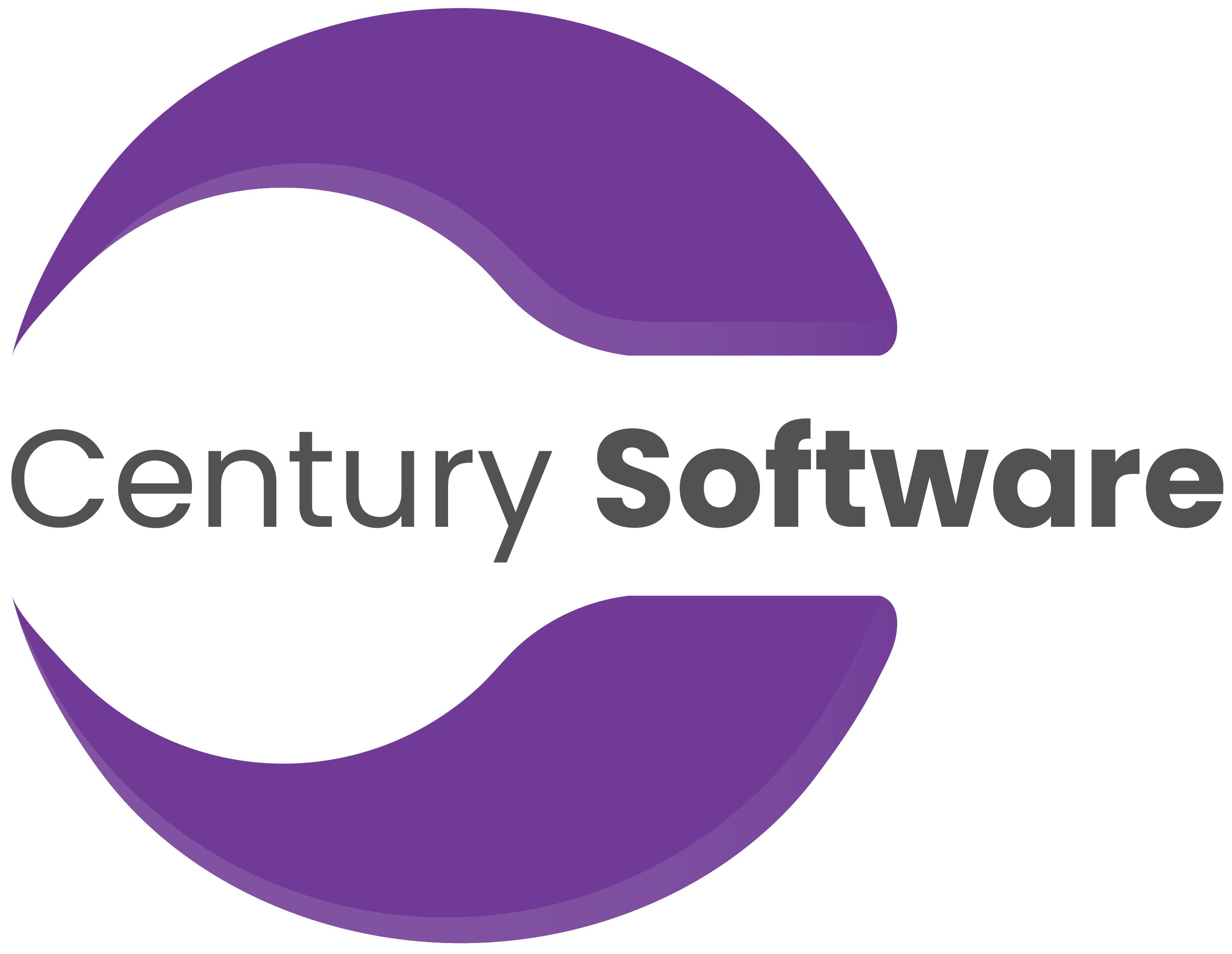Core Features Of BPM Software Your Business Should Have

To stay on top of your game, you need a Business Process Management (BPM) software to work with. Choosing the right BPM software platform can be the difference in successfully executing on your automation strategy.
Here are five core BPM software features your business must have
1. Intuitive UI with minimal coding
Until recently, orchestrating and customizing business processes was complex work that could only be completed by developers.
BPM tools needing minimal coding now resolve this issue. These platforms can even capture and provide insightful data on how each process flows to get team members on the same page.
2. Seamless Project Management Integration
Navigating through multiple systems and platforms can be time consuming, inefficient and lead to an increased risk of errors. It makes more sense to have multiple tools integrated into a single system. One of the many capabilities of an integrated software system is project management. This feature helps projects flow more smoothly and efficiently and even allows team members to share data and resources with each other.
Gantt charts can serve as a visual reference of a project’s progress, and dedicated project tabs or dashboards such as Kanban boards will enable better organization.
3. Reliable Data Management

Data is the most important asset for employees, as they use and analyze data on a daily basis.
Employees handle a massive amount of digital information and it is impossible to go through all of it manually.
A BPM platform not only captures all this information, but also stores and manages it in a system-wide data repository that can be accessed by anyone in the organization.
The increasing frequency of ransomware attacks could end up costing your company thousands or even millions of dollars due to data loss, interrupted operations and other serious consequences.
This makes it important for your BPM System to have excellent cyber security and cloud-storage features. Your BPM platform must be able to guarantee that your data can’t be accessed maliciously or be completely wiped out in case of a data breach or even a natural event.
4. Enterprise Collaboration
Collaboration between teams in an organization is extremely crucial, more so in times of crisis. From content sharing to internal messaging and discussing business topics, BPM platforms should offer a central user portal and knowledge base where users can share information safely, communicate faster, get an overview of business processes, and plan their work accordingly.
5. Real-time Reports and Analytics
Real-time reports provide a concise and consolidated view of your company’s performance and empower business leaders to make more informed decisions. Therefore, it is important to publish accurate reports quickly and efficiently. BPM platforms can automate report building and deliver them to your executive team and business leaders. KPIs and dashboards give you valuable insights at a glance, let you monitor your business performance and pinpoint operational deficiencies.
Your BMP system should also allow you to review statistics and metrics that show all open tasks, the current status of an item, how long it takes to complete tasks and more. You should also be able to download and customize reports, and carry out the analysis required for process efficiency.
How can Century Software help?
Century Software’s BPM Software allows you to build custom workflows to track, optimize and scale performance in real-time. Using our BPM, you can control how people, processes and assets are connected to yield desired business results. Century Software BPM is also built with the capability of integrating to any core solution, and will also give you full, centralized access to data and BPM workflow processes.
Get in touch with us to know more about how our advanced BPM solutions can help your business.
Are you exploring ways to incorporate Six Sigma into operational tasks? BPM can help.

